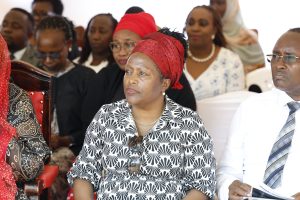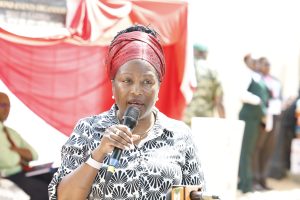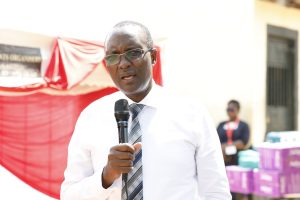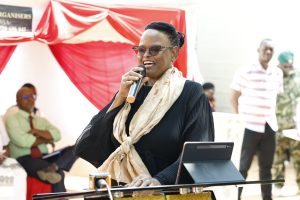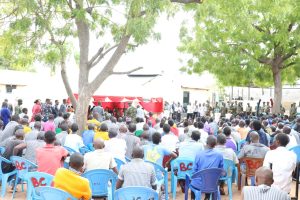JUDICIARY UNDERTAKES PRISON DECONGESTION EXERCISE
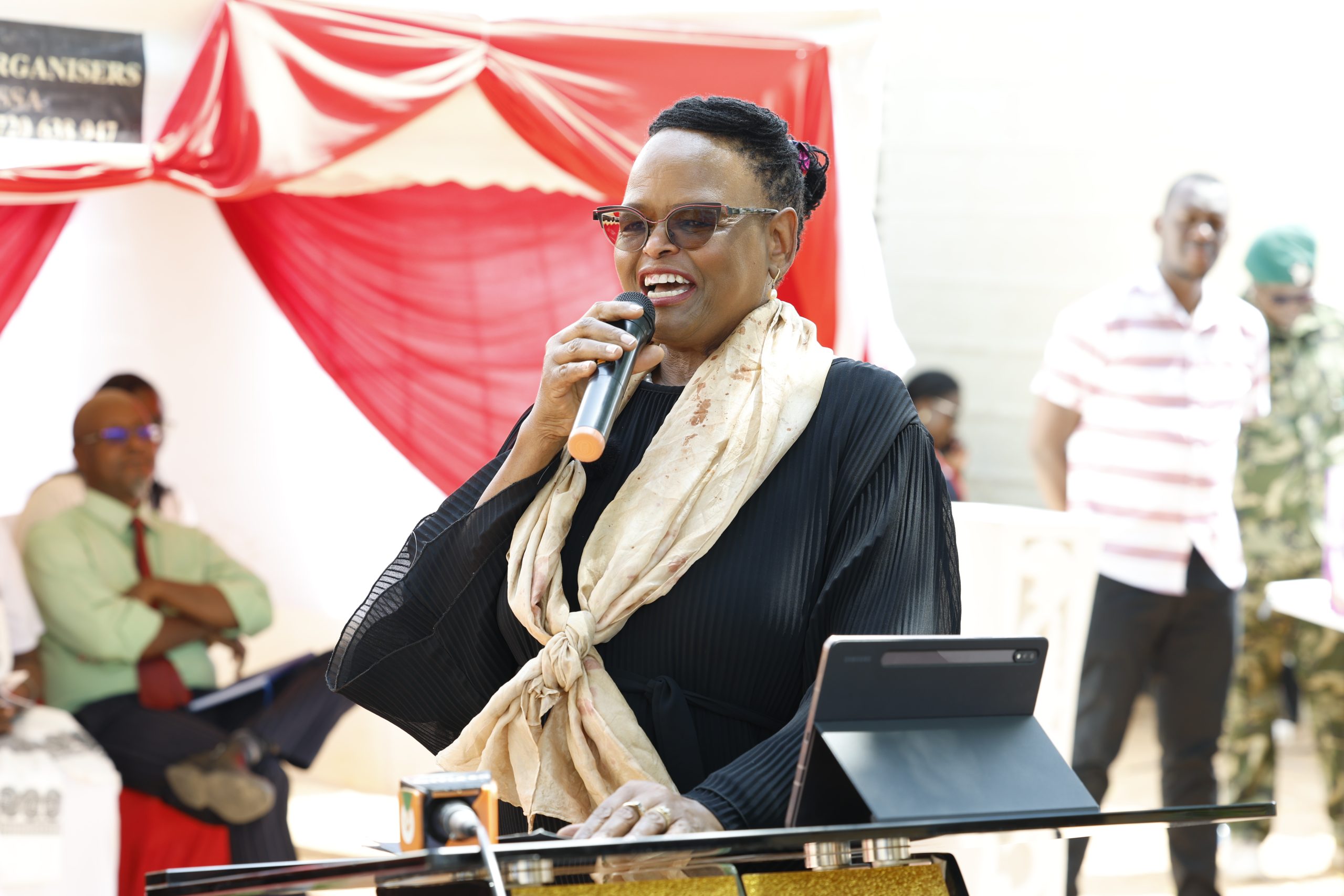
The Judiciary, in collaboration with the Prisons and Correctional Services, is undertaking a nationwide prison decongestion exercise. This initiative aims to ensure that the criminal justice system upholds the principles of justice, humanity, and rehabilitation.
Speaking during an inaugural visit to Garissa G.K. Prison where 18 prisoners were released to continue their sentences through community service, Chief Justice Martha Koome noted that the criminal justice system has undergone significant transformation over the years. She highlighted the shift from a punitive model of incarceration to a more progressive approach focused on rehabilitation, reintegration, and restoring dignity.
“We are moving away from the old approach that focused solely on punishment—where those who came into conflict with the law were seen as beyond redemption—towards an approach that recognizes the human potential in every person. We acknowledge that people make mistakes, and sometimes circumstances lead individuals down the wrong path,” said CJ Koome.
The Chief Justice explained that the decongestion initiative aims to achieve a sustainable prison population aligned with the capacity of correctional facilities.
“Congestion severely undermines the prison’s ability to fulfill its core function—rehabilitation and the reformation of offenders. Overcrowded prisons are not conducive to humane living conditions, and without such conditions, the dignity of those incarcerated is compromised,” she said.
One of the key strategies in the decongestion effort, she added, is the promotion and expansion of Community Service Orders (CSOs).
“The Judiciary is committed to reviewing sentences and, where appropriate, releasing convicts of petty and minor offences to perform community service instead of serving time in incarceration,” said the Chief Justice.
Justice Koome reiterated that petty offenders with prison sentences of less than three months should not be subjected to imprisonment. Instead, they should be diverted to community service or other alternative sentencing options that allow them to make positive contributions to society.
She further assured the public of the Judiciary’s commitment to the diversion of children who come into conflict with the law. “Children belong in schools, not prisons. We must provide rehabilitative avenues that allow them to grow into law-abiding citizens,” she said.
Justice John Onyiego, the Presiding Judge in Garissa lauded the cooperation between the court and the prisons and highlighted the role technology has played in expediting justice.
“The High Court in Garissa visits the prisons every quarter with a view to decongesting them and fast-tracking cases of those in remand. Further, the use of virtual proceedings has made it easier to expedite justice which earlier encountered delays occasioned by inadequate transport and elaborate security requisite for physical movement of inmates to court.”
Speaking during the same event the Chief Registrar of the Judiciary Winfridah Mokaya said the Judiciary has invested in reforms to ease congestion—through the Bail and Bond Policy Guidelines, the use of community service orders, and collaboration with justice sector partners under the NCAJ.
“We welcome the ongoing government discussions on prison reforms, including modernizing facilities, expanding non-custodial sentences, and strengthening rehabilitation programs, because incarceration should not be about punishment but about transformation and reintegration,” said the CRJ.
Deputy Commissioner General of Prisons MS Jane Kirii on her part appreciated the adoption of ICT in the justice system and called for the expansion of ICT facilities in prison to enable them enhance access to justice.



